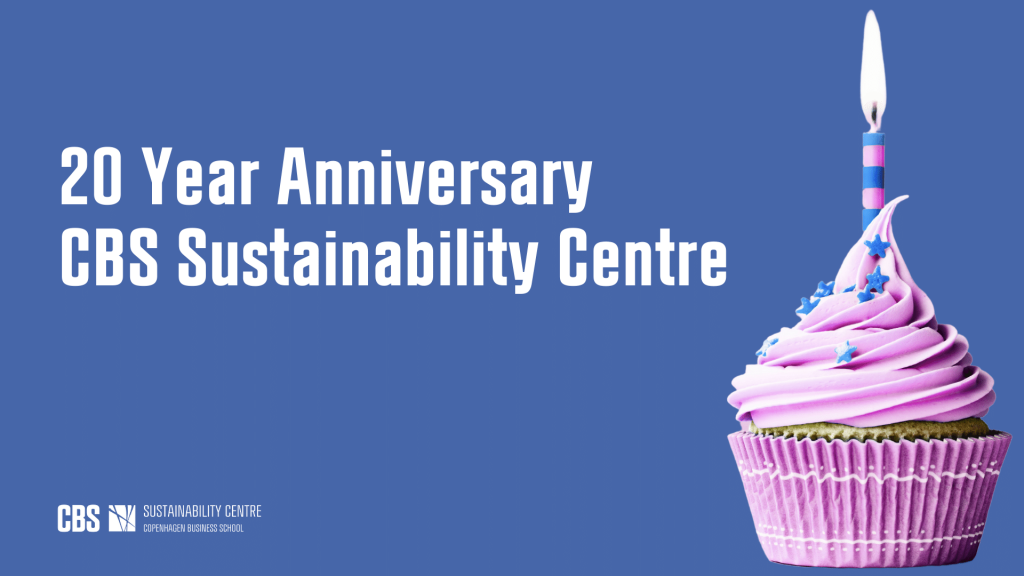About the Episode In this episode, you can listen to the presentation by Nataliya Popovych, founder and president of One Philosophy, on the occasion of the launch event of the “Resilience. Battle for the Future” report. Listen on your favorite podcast app
posts
Resilience of Ukrainian Businesses – Battle for the Future
About the Episode In this episode, Andreas Rasche, professor at the CBS Sustainability Centre, and Nataliya Popovych, founder and president of One Philosophy, discuss some of the key findings of the third annual study of organizational resilience “Resilience. Battle for the Future”. Listen on your favorite podcast app
Centre Sessions On Social Impact Bonds with Mikkel Munksgaard
About the Episode In this episode, centre manager Sarah Netter and PhD Mikkel Munksgaard talk about Mikkels work on social impact bonds and payment-by-results methods for financing public services. Listen on your favorite podcast app
Centre Session on Social Impact Investing with Chiara Andreoli
About the Episode In this episode, centre manager Sarah Netter and PhD Chiara Andreoli talk about Chiaras work on social impact measurement and management in impact investing. They also talk about the journey from Master thesis to PhD. Listen on your favorite podcast app
Lobbying as if it mattered – an update: The Egypt Climate Summit and the Bleeding Edge of Demanding Corporate Political Responsibility
About a year ago, I traced the evolution of expectations about what responsible lobbying should look like. Back then I argued that the climate emergency is driving a substantive re-evaluation of what it means for companies to engage with the political sector in a responsible manner. The most recent COP27 summit provides yet more intriguing evidence of how the climate emergency is driving a deep transformation of what responsible lobbying means. Here are two examples:
Centre Session on 20 Years CBS Sustainability Centre
In this episode, you can listen to the opening speech by centre director Steen Vallentin on the occasion of the 20th centre anniversary.
Does sustainability get lost in the iron triangle?
Mounting evidence shows that while an increasing number of companies pledge to address sustainability challenges and reduce emissions, delivering on those promises is proving difficult. Companies are advised to get better at aligning priorities and operational goals. Yet one overlooked aspect of organisational life continues to surface in our data, as a barrier to realising the sustainability promises of companies. And that is something as ubiquitous as projects.
Centre Session on Processes with Thordis Bjartmarz
In this episode, centre manager Sarah Netter and PhD Thordis Bjartmarz talk about Thordis’ work on sustainable business models and organisational boundaries in the banking sector. They also talk about the processes around doing a PhD and the bumps on the road.
Governments’ Greenwashing and the Meaning of the “Fossil of the Day” Awards
An important, yet somewhat controversial international summit, the 27th Conference of the Parties to the United Nations Framework Convention on Climate Change – commonly known as COP27 – is currently taking place in Egypt (6–18 November 2022). The first COP meeting was held in Germany in 1995 and the series of subsequent meetings has been […]
20th Anniversary of the CBS Sustainability Centre
7 December 2022










